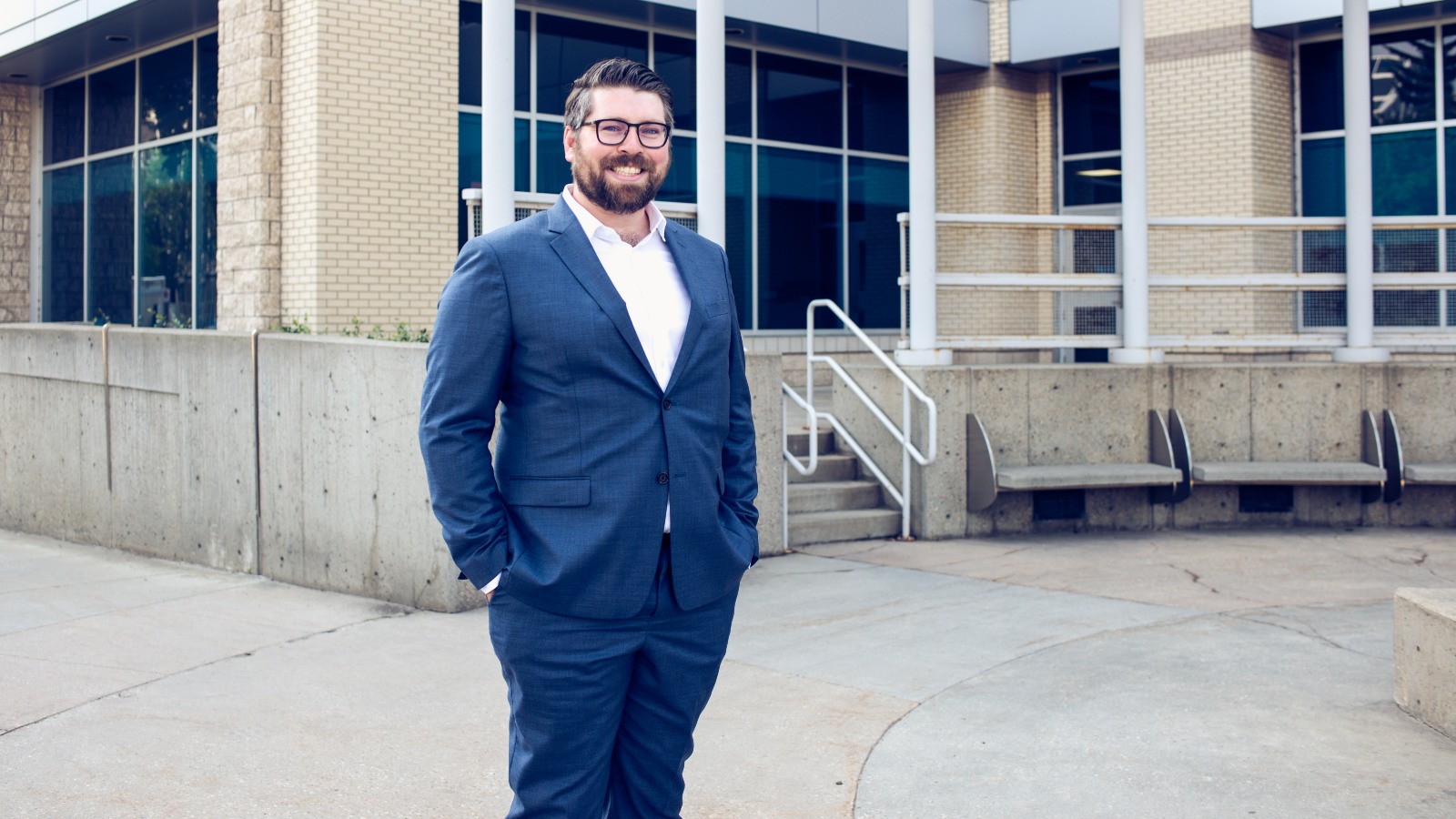The Potential in Alberta’s Life Sciences Sector
Nobel-prize recipient Michael Houghton discusses the life sciences sector in Alberta and the great potential it holds to become a key driver of the Canadian economy.
Michael Houghton won the 2020 Nobel Prize in Physiology or Medicine along with Harvey J. Alter and Charles M. Rice for the discovery of the hepatitis C virus (HCV).
Read story


In 1989, Michael Houghton discovered the virus now known as hepatitis C with his colleagues Qui-Lim Choo and George Kuo. Because of their discovery, new screening tests were developed for blood donations, and by 1992, the virus was virtually eliminated from blood supplies. By 1996, this screening led to an annual reduction in new hep C infections by more than 80 per cent.
The hepatitis C virus is very virulent. It can lead to cirrhosis, end-stage liver disease, and liver cancer for people who carry the virus. To prevent the spread of hepatitis C, the world urgently needs a vaccine. In 2012, Houghton and his team here at the University of Alberta developed a vaccine that is now in late pre-clinical stage testing. Based on the discovery of the virus, antiviral therapies have also been developed that will cure 95 per cent of carriers. This is the first chronic viral illness that can be cured.
Since the outbreak, Dr. Houghton is leading an effort to produce a COVID-19 vaccine. He was successful in creating a vaccine for SARS-CoV-1 in 2004; however, this vaccine was never needed as the original SARS disappeared.
Dr. Houghton was appointed a full professor in the Department of Medical Microbiology and Immunology in the U of A Faculty of Medicine & Dentistry on June 1, 2010. His lab is in the Li Ka Shing Institute of Virology, which was created in 2010 through a gift of $25 million from the Li Ka Shing (Canada) Foundation as well as a commitment of $52.5 million from the Government of Alberta.
Nobel-prize recipient Michael Houghton discusses the life sciences sector in Alberta and the great potential it holds to become a key driver of the Canadian economy.
Dr. Michael Houghton reflects on his life and work since being recognized globally for his research and discovery of the Hepatitis C virus.
Turns out having all-star scientists on board draws students, researchers and funding that boost the economy
It’s no accident that the University of Alberta is home to so many top virologists.
A timeline of milestones and discoveries showing how the U of A built a Canadian centre of excellence in virology research
Houghton attributes his success to teamwork, to following his passion for solving disease, and persistence. To me, the main lesson I took away from his talk is: follow your passion and persevere, you are on the right path!
"Having interned in a virology research group only one building away from Dr. Michael Houghton’s office on the seventh floor of the Li Ka Shing Centre for Health Research Innovation, I have a first-hand understanding of the passion and commitment needed to excel in academic research."
Michael Houghton’s colleagues and trainees describe the determination that led him to discover the hepatitis C virus and continue his quest for vaccines that will save millions of lives.
A vaccine against SARS-CoV-2 is essential—and thanks to scientific advances and global will, it will likely come faster than any previous vaccine, according to virologist Michael Houghton.
Institute was designed for rapid response to viral pandemic.
After a rejected patent application nearly derailed years of research, the new drug is now in clinical trials thanks to timely support from two top experts.
Food science, agriculture, engineering and natural science also among 18 U of A subjects ranked in world’s top 100.
New vaccine has potential to save hundreds of thousands of lives each year and dramatically reduce cost of treating infections with antiviral drugs.
For Khaled Barakat, a focus on teamwork and patient needs has led to breakthroughs in the search for cancer therapies, antivirals and safer drugs.
U of A president Bill Flanagan says virologist Michael Houghton's Nobel Prize sets the stage for Canada to play an even larger role in vaccine and therapeutic research, development and production.
Research hub headed by Nobel laureate Michael Houghton gains significant provincial support to accelerate research and commercialization of antiviral drugs and vaccines.
His colleagues at the University of Alberta talk about the power of collaboration to help fight viruses that plague the world.
Michael Houghton delivered his Nobel Lecture on 7 December 2020. He was introduced by Professor Maria Masucci.